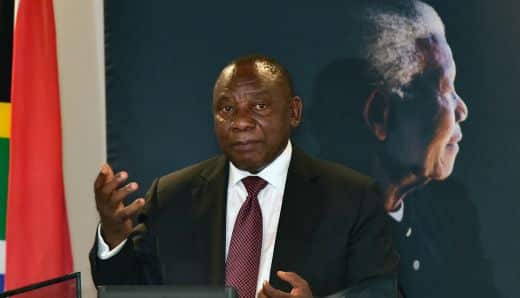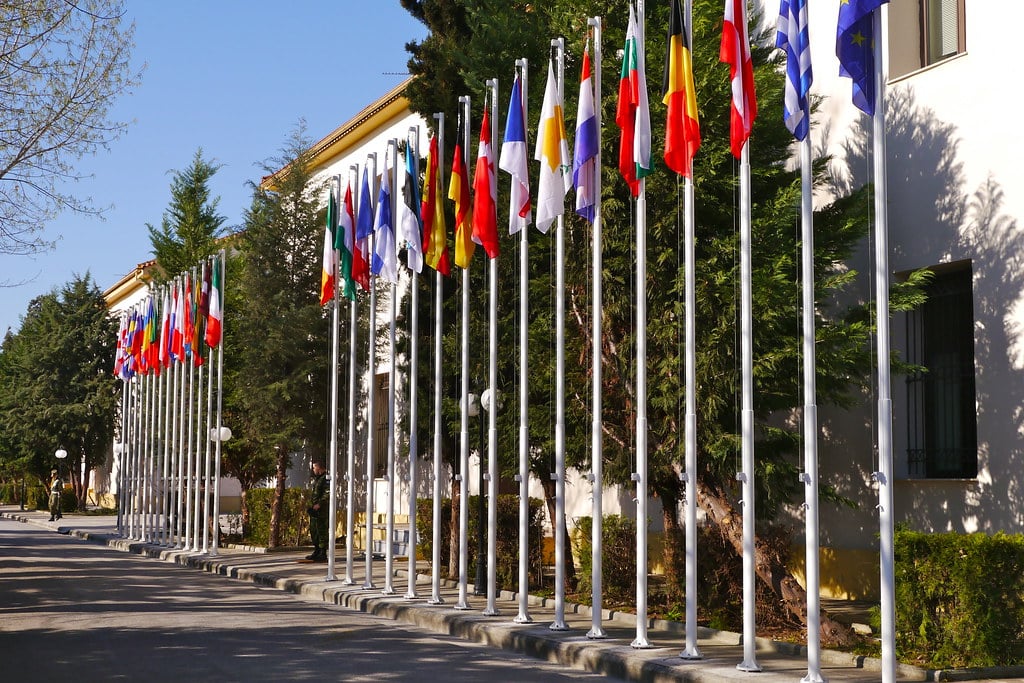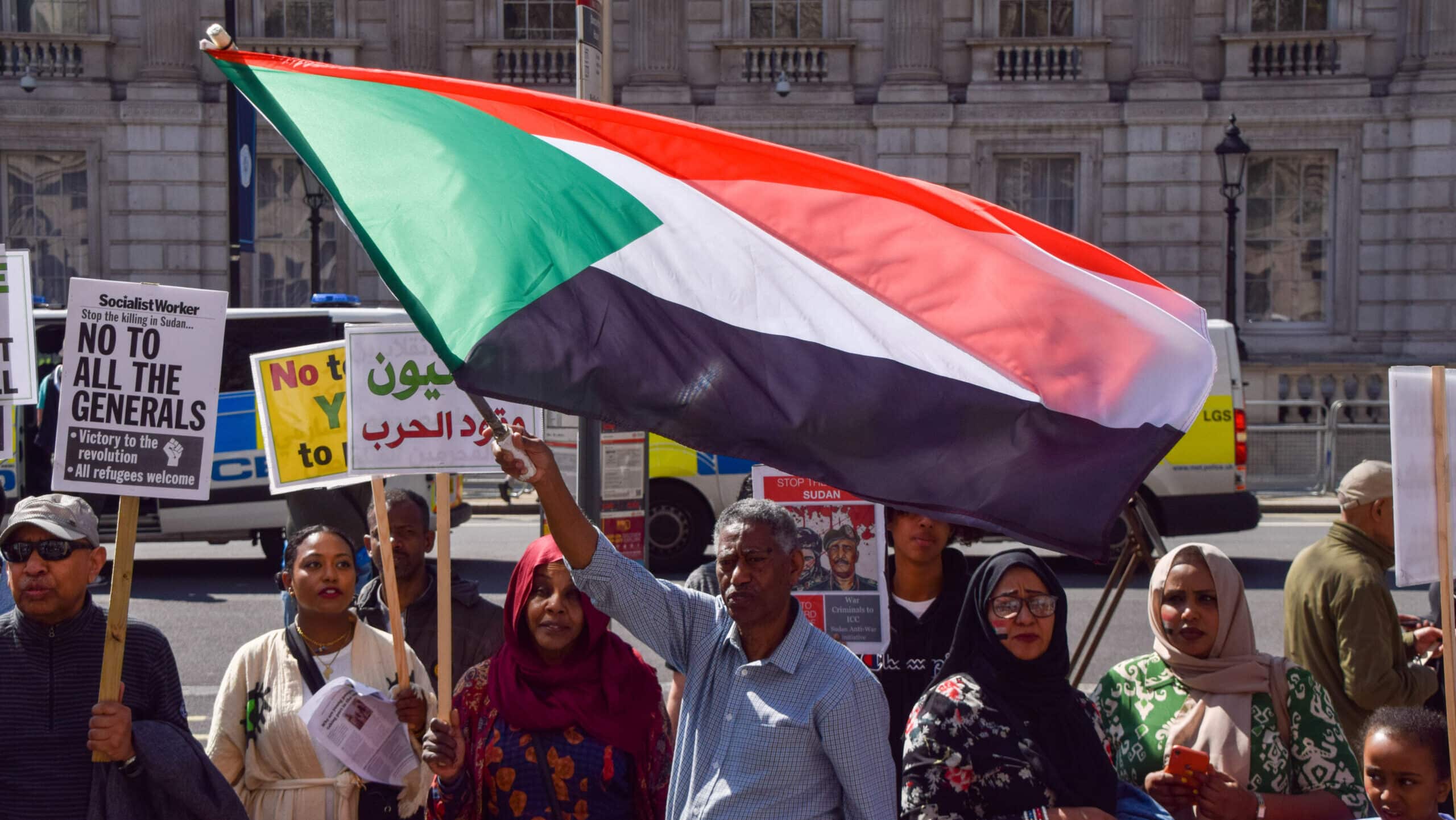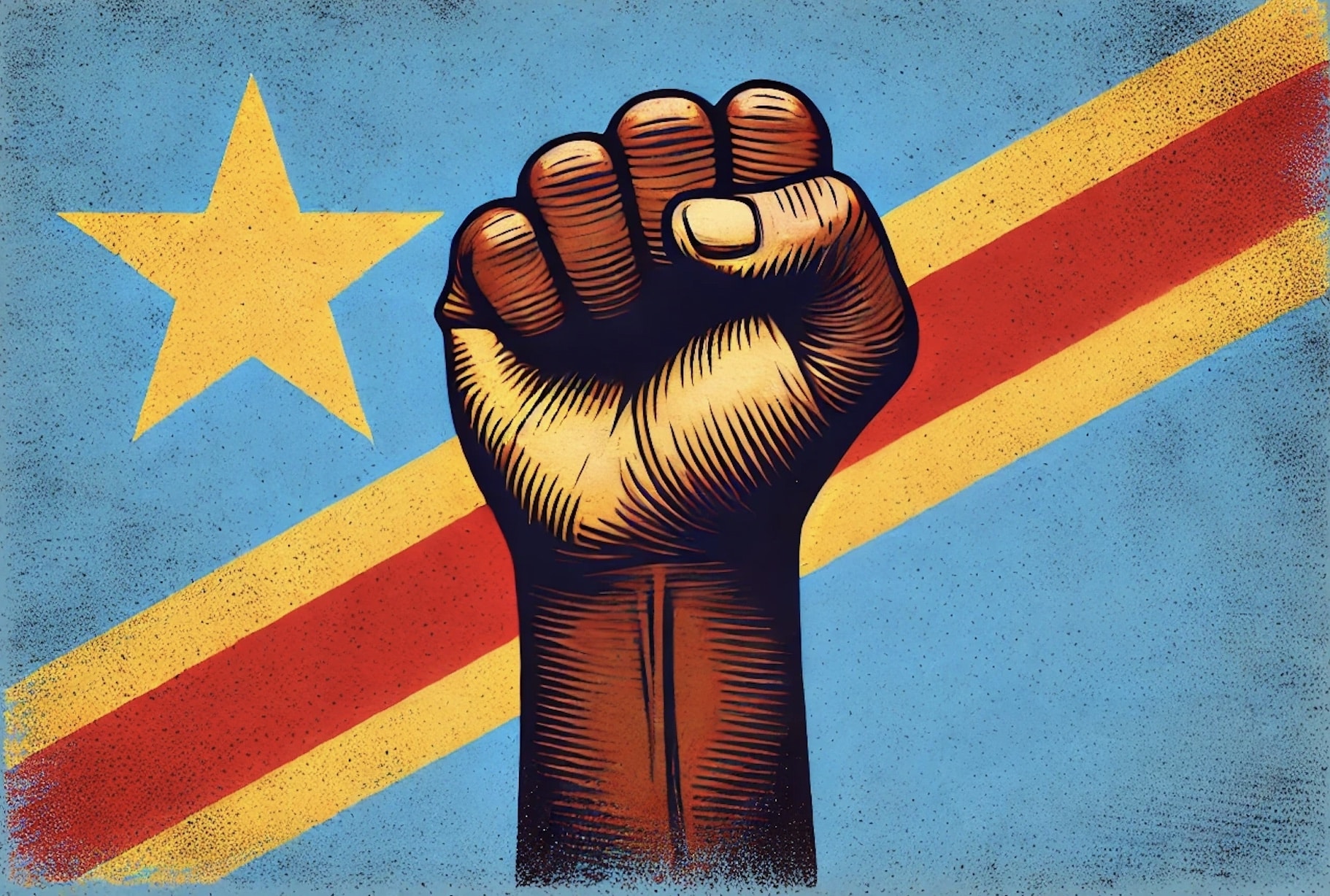Noble anti-apartheid activist or deceitful rich businessman?
"It is better to lead from behind and to put others in front, especially when you celebrate victory when nice things occur. You take the front line when there is danger. Then people will appreciate your leadership." - Nelson Mandela
What's new?
What made Nelson Mandela a successful leader? That is the question posed by Cyril Ramaphosa, the new head of the South African party ANC (African National Congress), asked himself last weekend prior to his speech at the 106e anniversary of the party. Ramaphosa's speech focused on the corruption and dysfunction of the ANC and his promise to restore the credibility the party once enjoyed under Mandela. A few weeks earlier, Ramaphosa had been elected at the congress, where voting had to be postponed due to ambiguity over who was and was not authorised to vote. Ramaphosa succeeds President Jacob Zuma as head of the party after a series of scandals, but was his speech convincing enough to reassure the sceptical populace? The 2019 elections will tell.
The ANC has been one of Africa's oldest parties since its establishment in 1912 and the country's premier party since the end of apartheid in the 1990s. Since then, the party has continuously delivered the country's president. Despite this, the party has not made itself more popular in recent years. Billions of Rand have allegedly passed illegally into the hands of individuals through the party; an issue that Ramaphosa says can no longer go unaddressed. According to him, these abuses are the cause of poverty and unemployment in the country and a "radical socio-economic transformation" is the only solution. Thus, he calls for free higher education for poor and working students and a national minimum wage.
The new party leader managed to attract high praise from many during his speech, but is he up to the task? The noble anti-apartheid activist is equally one of South Africa's richest businessmen and the question is whether he can save the party's image. "My target is to create an economy in which all South Africans can prosper and which benefits humanity as a whole rather than just a privileged few." A curious statement for one of the country's richest businessmen critics rightly note.
Does out-of-control mine strike shed different light?
This is not the only reason why the politician aka businessman is scorned. Ramaphosa was closely involved in the killing of 34 miners following a mine strike in 2012. The situation escalated when the police, at Ramaphosa's behest, confronted miners for whom, due to poor working conditions, low wages and exploitation, they had had enough. His actions during this conflict still haunt him daily. Ramaphosa headed the mining company in question and took responsibility for it. He expresses regret and speaks of a situation that must be avoided at all costs in the future. Ramaphosa is particularly popular among the black middle class in urban areas. For now, it looks like the party will traditionally become the largest party in the 2019 general elections. Whether the tide will turn with Ramaphosa as the new president remains to be seen.
Photo: Flickr





